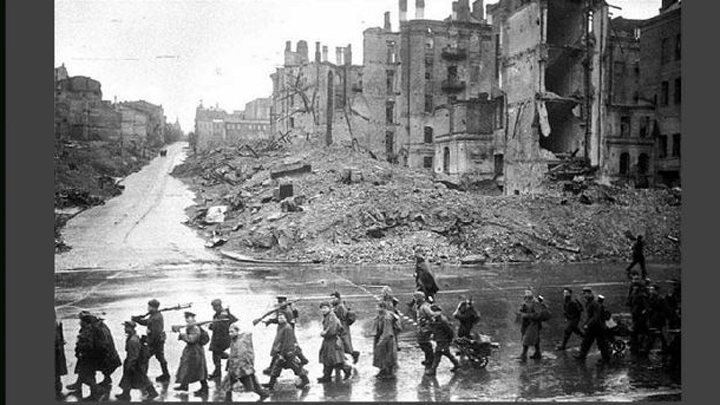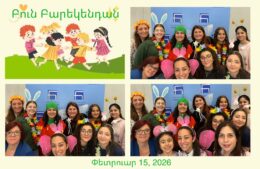Newly published Genocide Studies Book includes chapter about The Armenian Genocide
- (0)

Cambridge Scholars Publishing has published a new book in genocide studies titled ‘Aftermath of the Holocaust and Genocides’. The book is edited Edited by Victoria Khiterer, Erin Magee.
The book contains thirteen selected papers based on the presentations at the 2016 and 2018 Millersville University Conferences on the Holocaust and Genocide. I would like to thank the scholars who presented their papers at the conferences and provided their interesting and innovative articles for the volume.
One of the chapters in the book is about The Armenian Genoicde and is written by prof. Khatchig Mouradian. The chapter is titled Surviving Talaat: The Armenian Genocide and its Aftermath in Syria, 1915-1920 .
The book illuminates unknown aspects of the aftermath of the Holocaust and genocides, and discusses trials of Holocaust and genocide perpetrators, commemoration of the victims, attempts to revive Jewish national life, and outbreaks of post-World War II anti-Semitism. It also analyzes the representation of the Holocaust and genocides in literature, press and film. The volume includes thirteen articles, which are based on recently discovered archival materials, and provides new approaches to the research of the Armenian genocide, the Holodomor, ethnic cleansing and the Holocaust.
Reviews for Aftermath of the Holocaust and Genocides
Victoria Aarons
O.R. and Eva Mitchell Distinguished Professor of Literature, Department of English, Trinity University, USA
Antony Polonsky, Emeritus Professor of Holocaust Studies, Brandeis University, USA; Chief Historian, Museum of Polish Jews in Warsaw


















